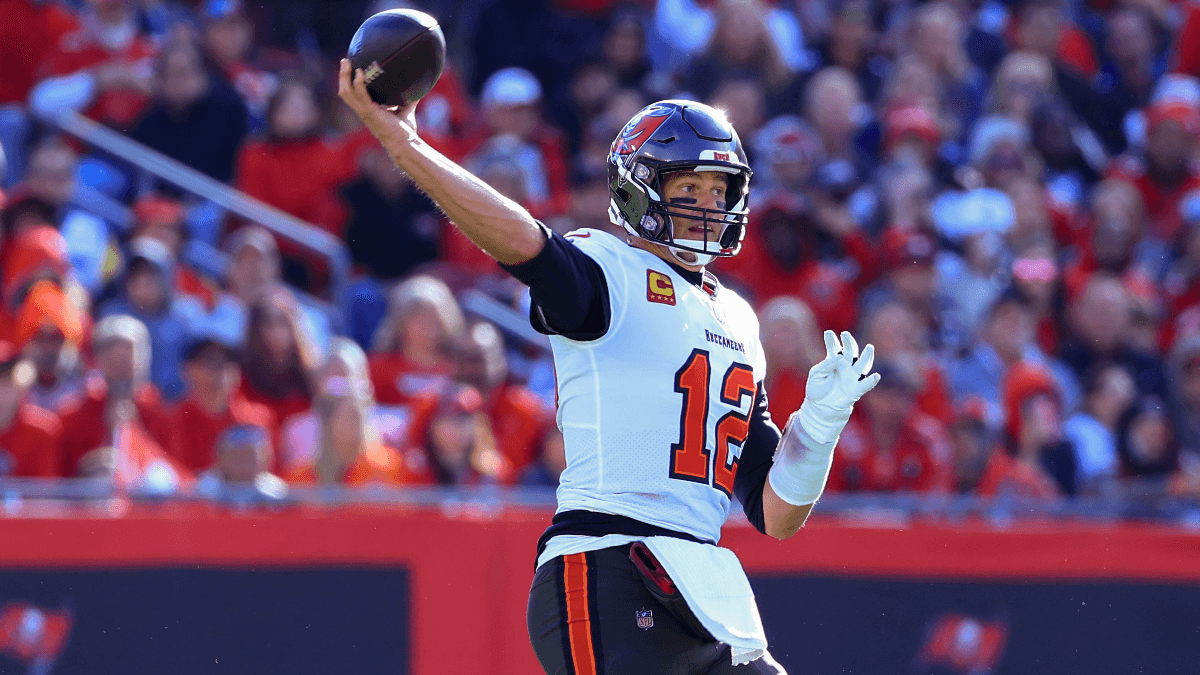Does Buyer of Tom Brady’s ‘Last’ Touchdown Ball Have a Case for a Refund?
Photo by Mike Ehrmann/Getty Images. Pictured: Tom Brady
A well-known auctioneer predicts that the auction house that sold Tom Brady’s "last" touchdown ball, less than a day before Brady announced he would return to the game, will void the sale.
But if they don’t, a sports lawyer says the buyer is out of luck.
Lelands, the auction house that sold the ball on Saturday for $518,625, has had no comment.
“The bottom line is that, what it comes down to, is that the auction house likely has a lifetime customer in the buyer and the consignor who had the ball likely would have never done business with the auction house again,” said the auctioneer, who competes with Lelands.
Without having any idea of the actual contract, the competing auctioneer said that Lelands might have made 20 percent from the sale, or $102,000.
The auctioneer notes that it’s extremely unlikely that the item was paid for. Auction houses typically invoice weekend closings on Monday and banks aren’t open for wires.
“After legal costs and bad publicity, is it really worth fighting?” said the auctioneer.
Now the question is: Does the buyer have a case?
Terms of the auction say that winning bidders must pay for what they win and if they don’t Lelands can charge their credit card for the amount and add a 1.5 percent interest rate per month not paid.
But was the Lelands description misleading?
“If there is any item in the field of sports collectibles that needs no embellishment, it is this historic piece,” the description reads. “The final touchdown ball of Tom Brady’s career.”
At the time of the sale, this was accurate. With Brady unretiring, this most likely won’t be accurate.
“I think the key question here to ask is: ‘What did the auction house do wrong?’” asked Dan Lust, sports law professor at New York Law School and co-host of “Conduct Detrimental,” a sports law podcast. “Was there fraud in the description? Were they in cahoots with Brady and had the auction expedited so that they could sell it? No.”
Lust says that while there’s no precedent for the exact situation of the Brady ball, there is precedent for buyer’s remorse.
And while a ball didn’t immediately become valueless, it has happened when records were broken.
Most notably, Todd McFarlane paid $3 million in 1999 for Mark McGwire’s home run record 70th home run ball. In 2001, Barry Bonds broke that record. The ball was bought in 2003 for $450,000 by…McFarlane.
How would you rate this article?



